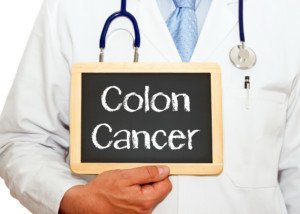Here’s your answer to whether or not stress can change the color of your stools…
…an explanation from David D. Clarke, MD, President, Psychophysiologic Disorders Association, Clinical Assistant Professor of Gastroenterology Emeritus, Oregon Health & Science University, Faculty Associate, Arizona State University.
“Stress can change the force and/or frequency and/or propulsive coordination of contractions of the large intestine (colon),” begins Dr. Clarke.
“This can result in slower or more rapid transit of the colon by feces depending on the specific type of change.
“In some people under stress, the speed of transit of the colon changes every day or few days.
“Since the colon acts like a sponge with respect to the water content of feces, the longer the feces are in contact with the colon, the more water is absorbed.
“The more water that is absorbed, the darker (and harder) the feces will tend to be. No other changes in color result from stress.”
So in other words, the only color changes in stools that could result from stress would better be described as shade changes: shades of brown.
So if the color of your poops is grey, orange-grey, yellow, whitish, intermixed with red or maroon, or they have a black tarry-like substance intertwined in them…do not attribute these colors to stress!
Even if you’ve been experiencing enormous stress lately, whole color changes in your BMs are something that you need to see your doctor about.
There are many medical causes of color changes in stools, but rest assured that there is one color you never have to worry about: green.
Green indicates either fast transit through the colon (and nothing is wrong with that) or consumption of green foods.
And you now know why those hard, tough-to-void little BMs are almost always a very dark brown:
They’ve been in contact with the large colon long enough to have a lot of their water content absorbed by the colon; hence the very dark brown hue.











































